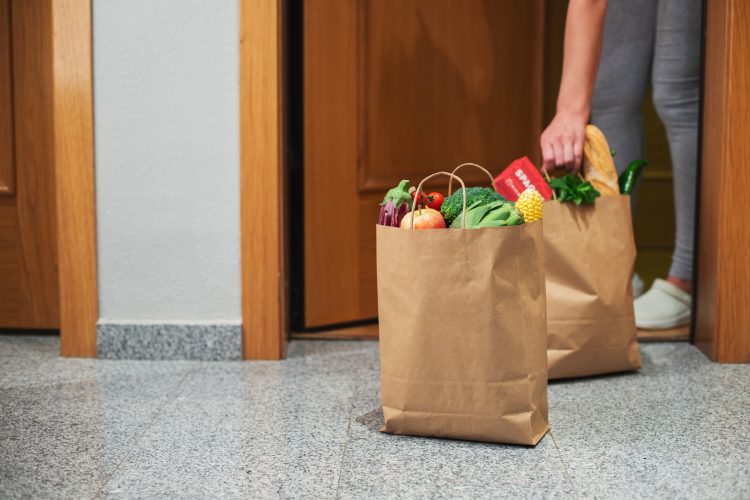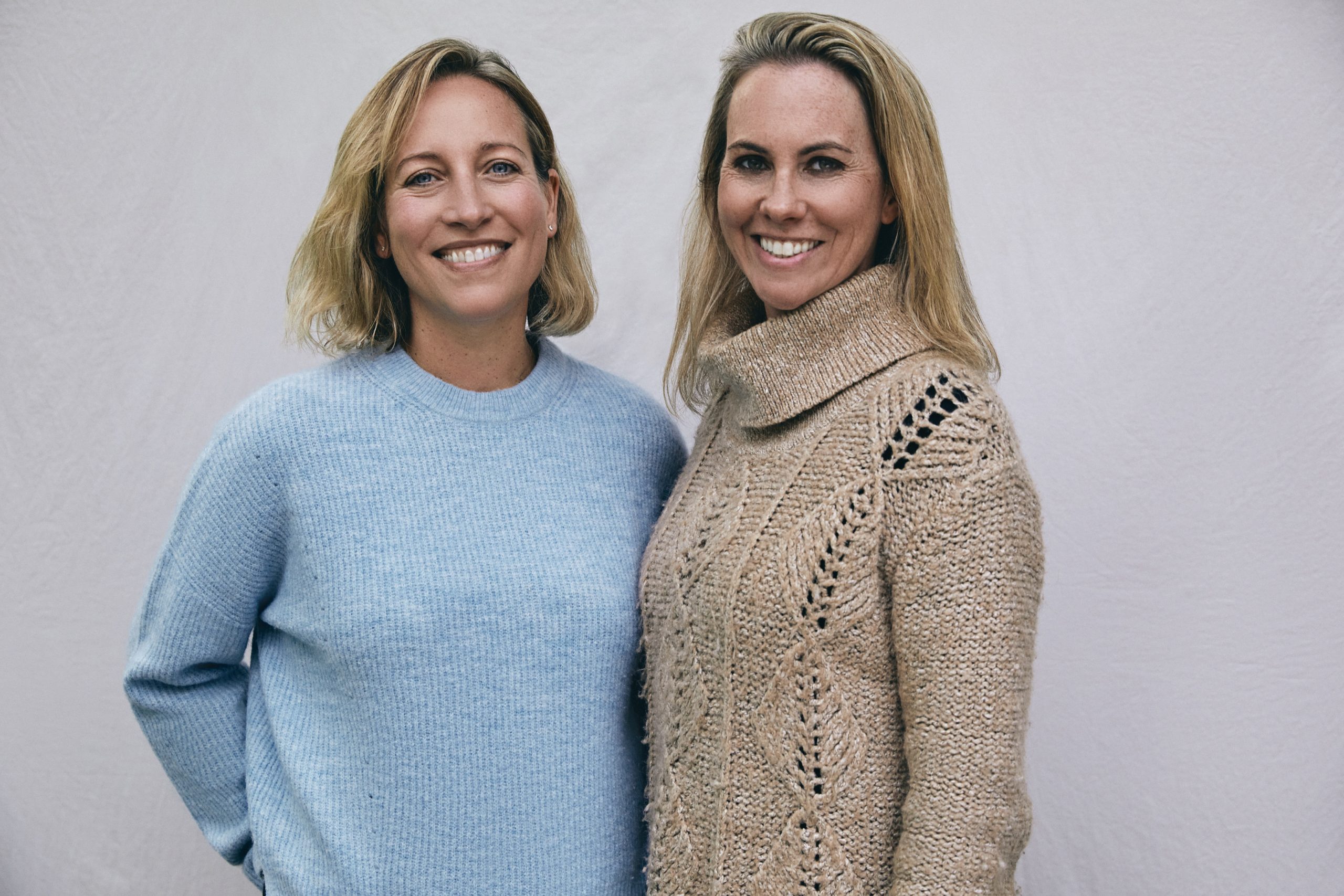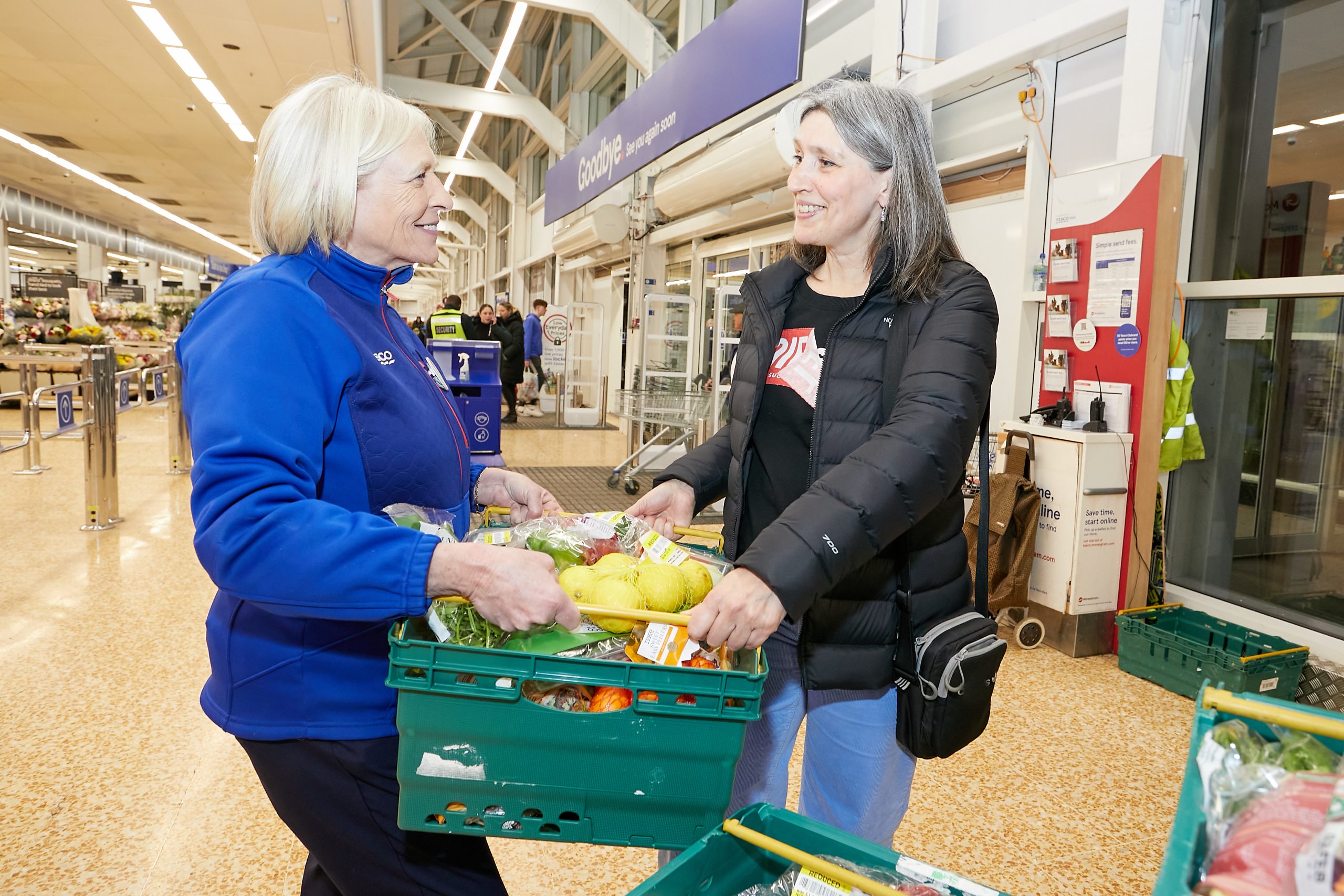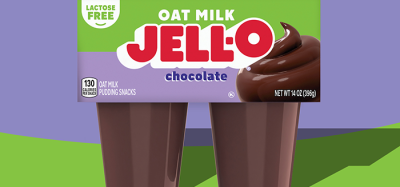From trash to treasure: Revolutionising food redistribution with Olio
- Like
- Digg
- Del
- Tumblr
- VKontakte
- Buffer
- Love This
- Odnoklassniki
- Meneame
- Blogger
- Amazon
- Yahoo Mail
- Gmail
- AOL
- Newsvine
- HackerNews
- Evernote
- MySpace
- Mail.ru
- Viadeo
- Line
- Comments
- Yummly
- SMS
- Viber
- Telegram
- Subscribe
- Skype
- Facebook Messenger
- Kakao
- LiveJournal
- Yammer
- Edgar
- Fintel
- Mix
- Instapaper
- Copy Link
Posted: 1 June 2023 | Grace Galler | No comments yet
Co-founder and CEO of Olio, Tessa Clarke tells Grace Galler exactly how the food redistribution company keeps food safety standards in check while fighting food waste.


With food waste being a concern from farm to fork, food redistribution companies such as Olio aim to pass on food in local communities so that it doesn’t get thrown away.
In this Q&A, Tessa Clarke, Co-Founder and CEO of Olio provides insight into the company’s food redistribution model, its commitment to food safety, collaborations with charities, adaptation to challenges such as food inflation and the company’s future plans to combat food waste and food insecurity.
What is Olio and why was it founded?
Tessa Clarke (TC): Olio is a local sharing app which exists to address the massive problem of waste in our homes and our food industry.
The lightbulb moment for Olio came when I realised I had perfectly edible food my family hadn’t managed to eat when I was moving home. I couldn’t bring myself to throw it away but had no idea who to give it to. It was from this moment that the idea of Olio, a mobile app where neighbours and local shops and cafes can share surplus food, came about.
I then started to research the problem of food waste with my Co-Founder, Saasha Celestial-One. It’s no exaggeration to say that food waste is one of the largest problems facing humanity today, given that one-third of all the food produced each year gets thrown away, meanwhile 800 million people go to bed hungry each night, and the impact of food waste is environmentally devastating. If it were to be a country it would be the third largest source of greenhouse gas emissions after the USA and China.


Above are the founders of Olio, Tessa Clarke and Saasha Celestial-One.
How does Olio’s food redistribution model work and how does it benefit both food businesses and local communities?
TC: Olio’s Food Waste Heroes Programme is a hassle-free way for businesses to redistribute unsold or unserved food. Rather than it going to waste, our food-safety trained volunteers collect surplus food at the end of each day, take it home, add it to our app and allow people nearby to request and pick up.
Collections are completely flexible and all Olio volunteers complete rigorous food safety training before starting collections. Thanks to this training, our volunteers can collect any food type (from pre-packaged sandwiches and hot meals to fresh, frozen or loose ingredients). Businesses can hit their food waste reduction targets, at the same time as supporting families in their surrounding community. It’s a win win!
How does Olio ensure the safety and quality of the food products it redistributes?
TC: Our Food Waste Heroes collect surplus food such as freshly prepared salads, sandwiches, pastries and packaged products from local businesses and caterers. They’re specially trained in food safety and we’ve developed a robust and easy-to-apply Food Safety Management System (FSMS) that all our Food Waste Hero volunteers adhere to. This system was created with input from the Food Safety Standards Agency.
We also stipulate that packaged food donated from businesses should be fully labelled to indicate any allergens. Requesters are also able to cross reference the food with allergen information.
Does Olio collaborate with local charities and non-profit organisations to distribute food to those in need?
TC: For Olio’s larger scale, national retail partners (like Tesco, for example), Olio collaborates with FareShare and their UK network of charity partners to make sure that as much good, edible food as possible is redistributed for human consumption.


When partnering with national retailers such as Tesco, Olio works with FareShare to make sure that “as much good, edible food as possible is redistributed for human consumption”, according to Clarke.
With Tesco, Olio has worked with FareShare to develop a uniquely collaborative approach to food redistribution. How it works is simple – FareShare charities collect Tesco’s surplus in areas where there is enough charity coverage. Wherever charities are unavailable, have to cancel, or aren’t capable of taking certain food types or quantities, Olio volunteers are called up to collect.
How has food inflation impacted Olio’s operations and has the company adapted to this challenge?
TC: With inflation rates as high as they’ve ever been, we’ve definitely seen an increase in demand for food shared via Olio that our volunteers have collected from local businesses.
Anecdotally, our volunteers have told us that people collecting food from them have been incredibly grateful for the helping hand that Olio provides.
We know that Olio acts as a stigma-free way for people who might be struggling financially to access food for free – rather than relying on food banks in their local area.
How does Olio work with food businesses to reduce food waste and excess inventory?
TC: At Olio, we’ve been really encouraged to see so many businesses proactively addressing their food waste. The majority now have sustainability strategies in place, which include waste reduction targets across their operations. When businesses partner with Olio, we share tailored impact reports which show how sharing their surplus food is benefitting their local community and the planet.
In the catering sector, we’ve seen a focus on effective stock management and storage, staff education, and having flexible menus that prevent waste. Many of our partners, like Compass Group UK&I and their hundreds of sites, have been at the forefront of this shift towards more sustainable ways of operating and holding the organisation to account by implementing sustainability commitments.
Can you describe a successful partnership or collaboration that Olio has had with a food business or charity organisation?
TC: Since it was set up three years ago, Tesco’s partnership with sharing app Olio has saved more than 30 million meals from going to waste. We now work with Tesco across nearly 3,000 UK stores.
Olio has also seen impressive growth in the catering sector over the past few years. We’ve partnered with major UK contract caterers like Compass Group UK&I, and Compass businesses like Restaurant Associates, Chartwells, and Eurest.
In the education catering sector, we’re also working with contract caterers like Olive Dining and Impact Food Group. We’re really excited about this sector as Olio’s volunteers can redistribute all food types (from frozen, fresh or loose ingredients to hot meals), we’re uniquely placed to help caterers and the sites they work with reduce food waste across the board.
How does Olio stay informed about local food needs and adjust its distribution efforts accordingly?
TC: With the cost of living crisis really starting to kick in, we’ve seen a significant increase in demand for food shared by businesses through Olio, as people are looking for free food and other household items to help their families through this incredibly challenging time. In parallel we’ve seen a real growth in the number of people who are wanting to help their neighbours, and Olio provides a safe and easy way to do this, with the average food listing being requested in 20 minutes and the average non-food listing being requested in just over two hours.


Clarke explains that Olio is being used more and more, with the average food listing being requested in 20 minutes and the average non-food listing being requested in just over two hours.
With British households throwing away £14 billion of perfectly good food every single year, there’s absolutely no reason for anybody in our society to be going hungry.
What are the future plans for Olio?
TC: At Olio, we’ve got ambitious plans to grow our Food Waste Heroes Programme even more in 2023. We’re particularly focussed on continued growth in the contract catering sector – and we’re beginning to see some traction in the hotel and TV production sectors, which we think will help us rescue even more food from going to waste, and have an even bigger impact on local communities.
We also have a joint milestone we’re working towards with FareShare- alongside partners like Tesco, Compass Group UK&I, One Stop, Pret a Manger, and more – where we’re aiming to rescue and redistribute 200 million meals within the next 12 months. This is a 38 percent increase on last year, which feels like an ambitious but achievable target for the next 12 months.
Biography


Related topics
Food Waste, retail, Supermarket, The consumer, Trade & Economy








